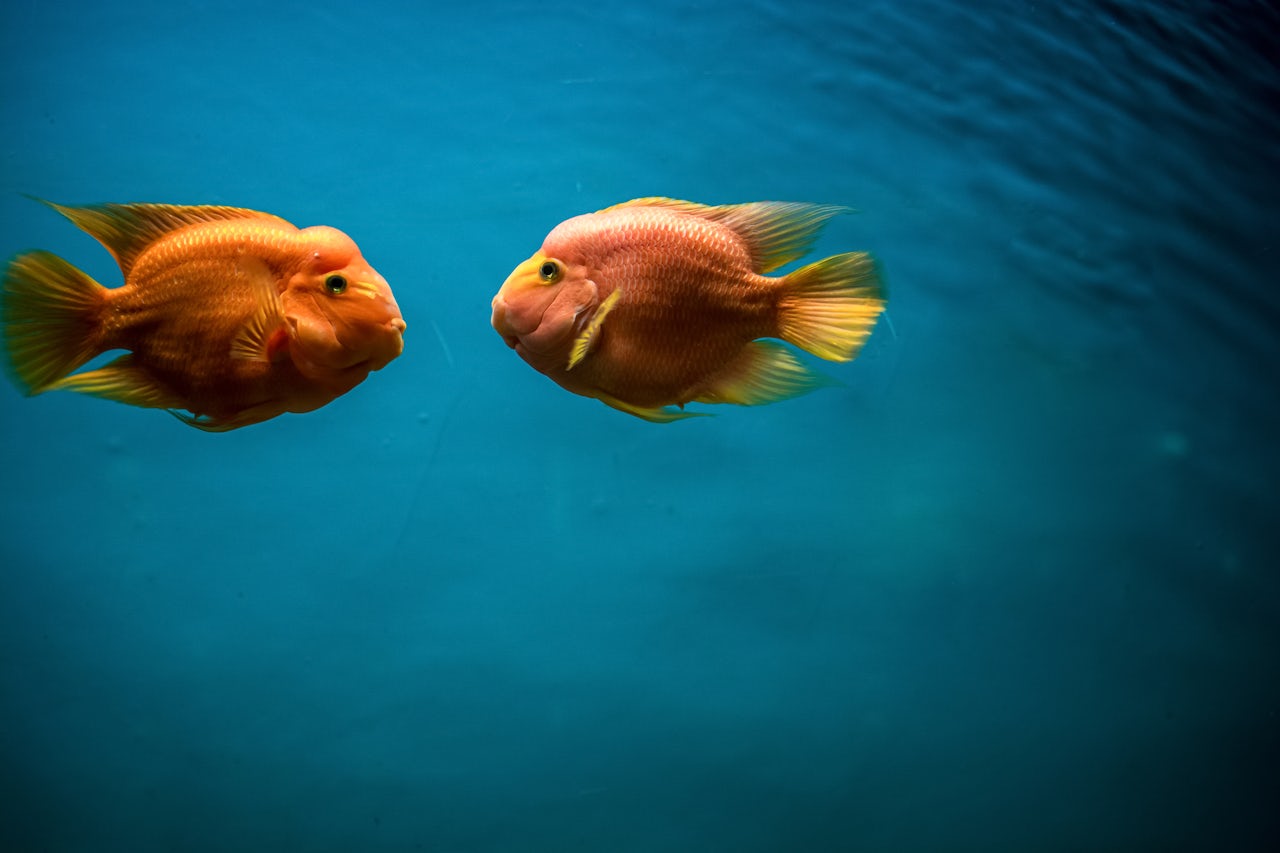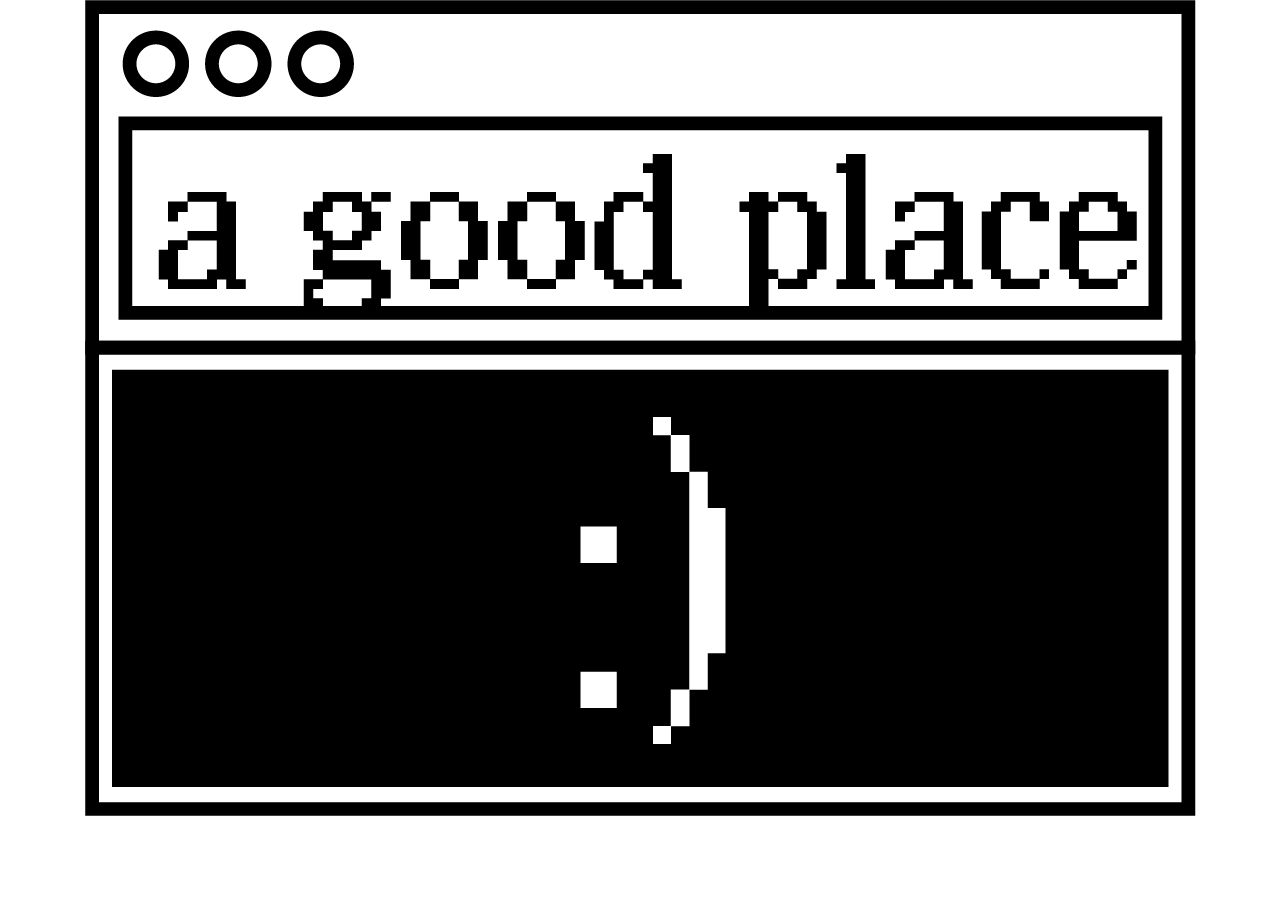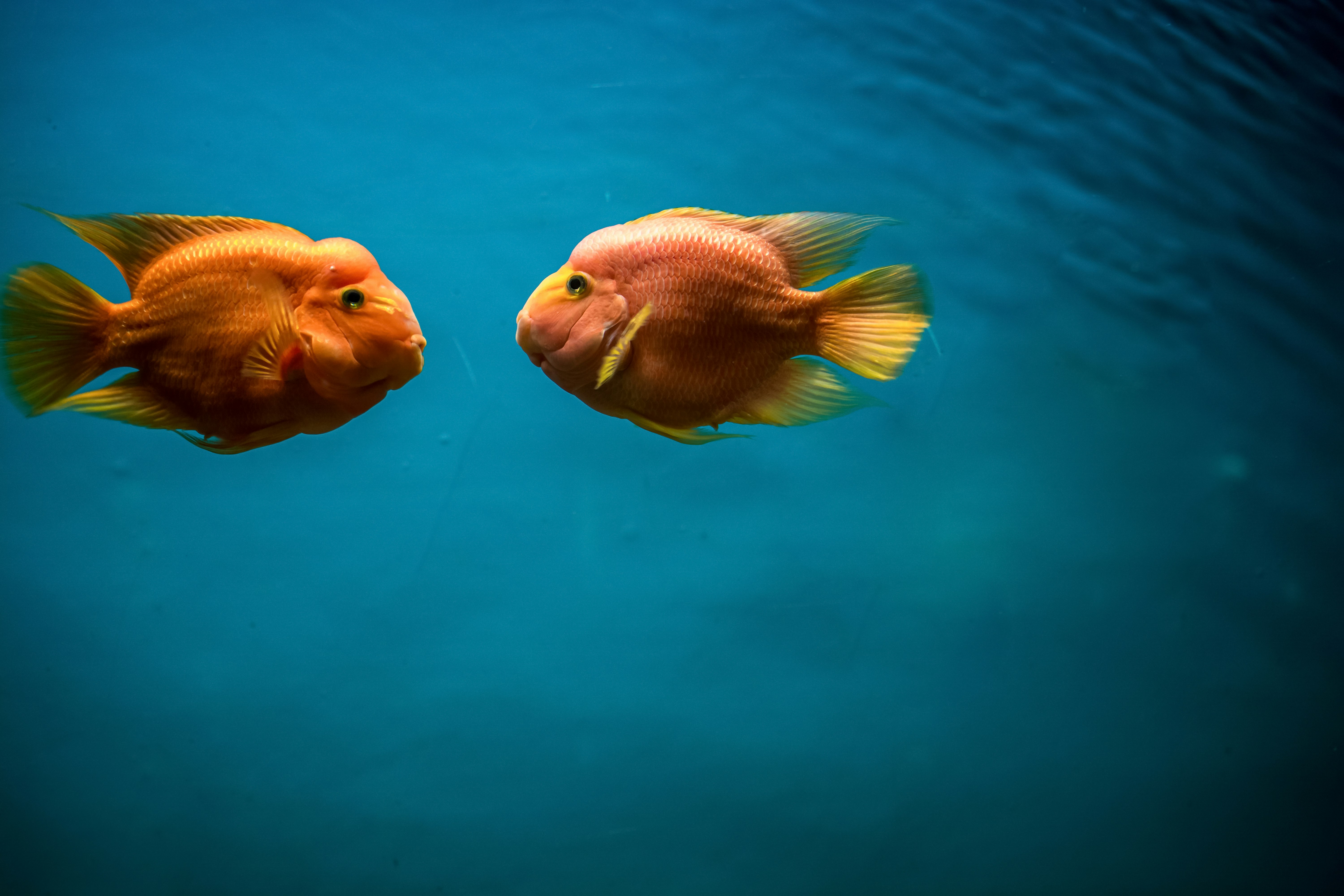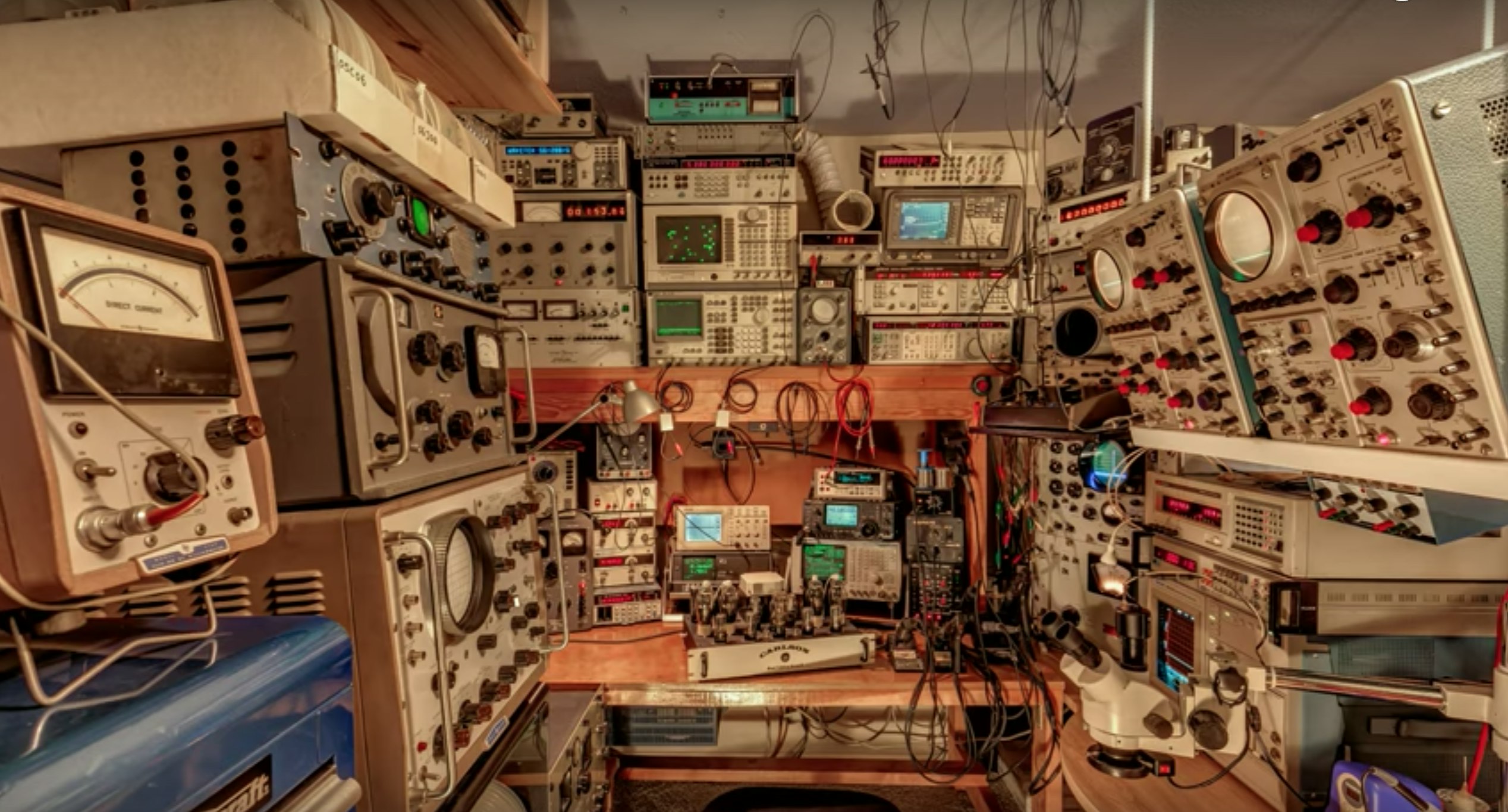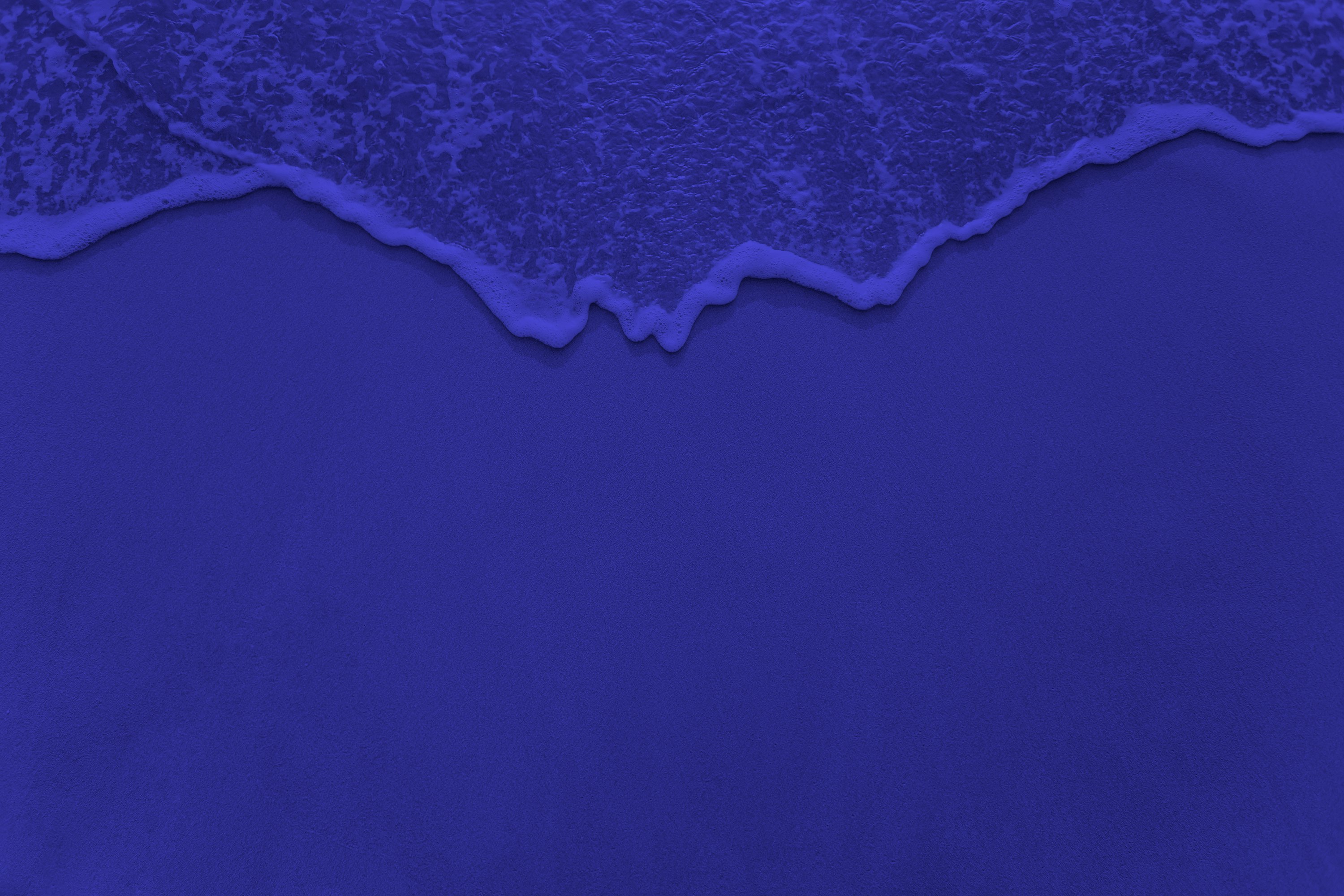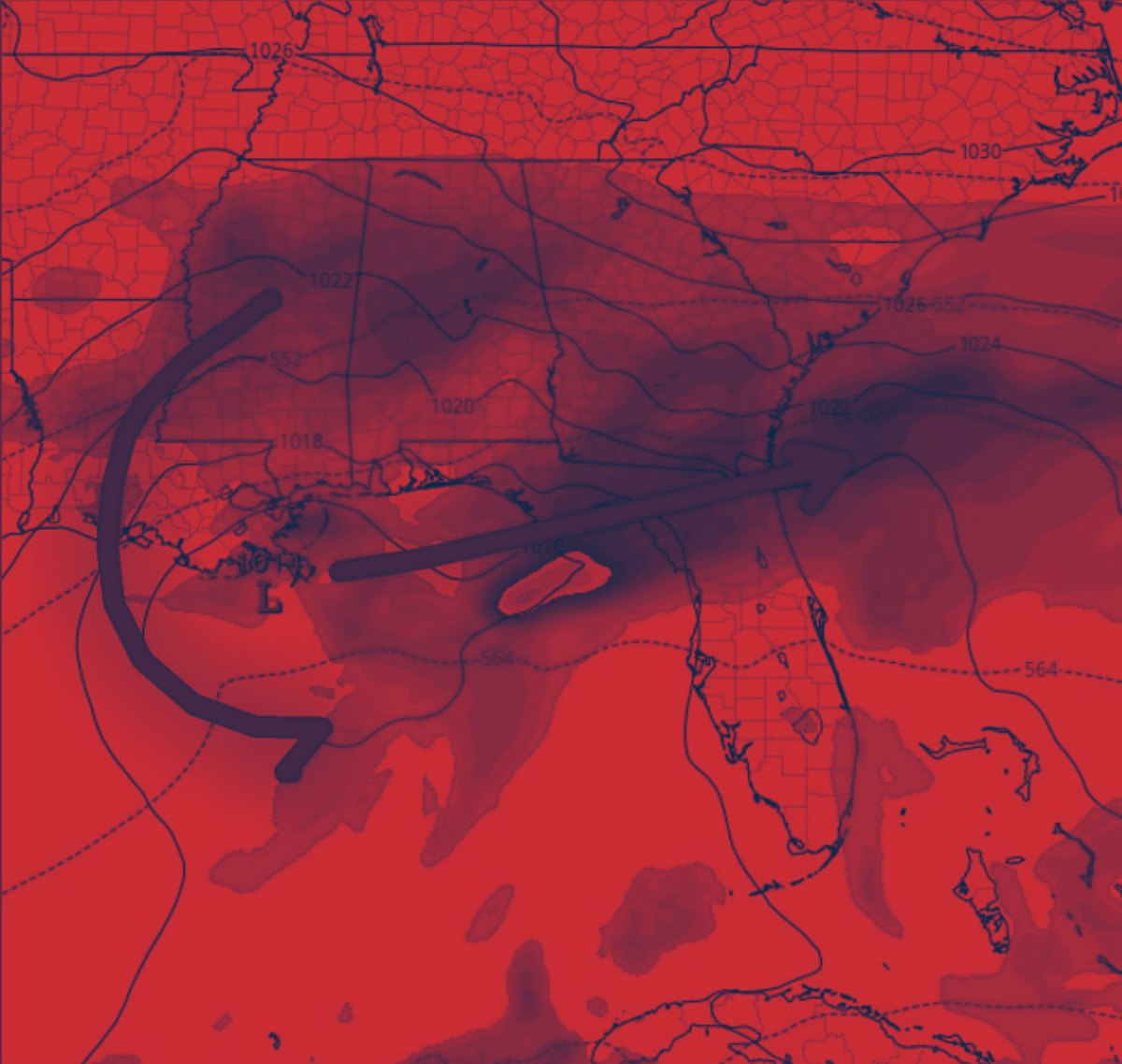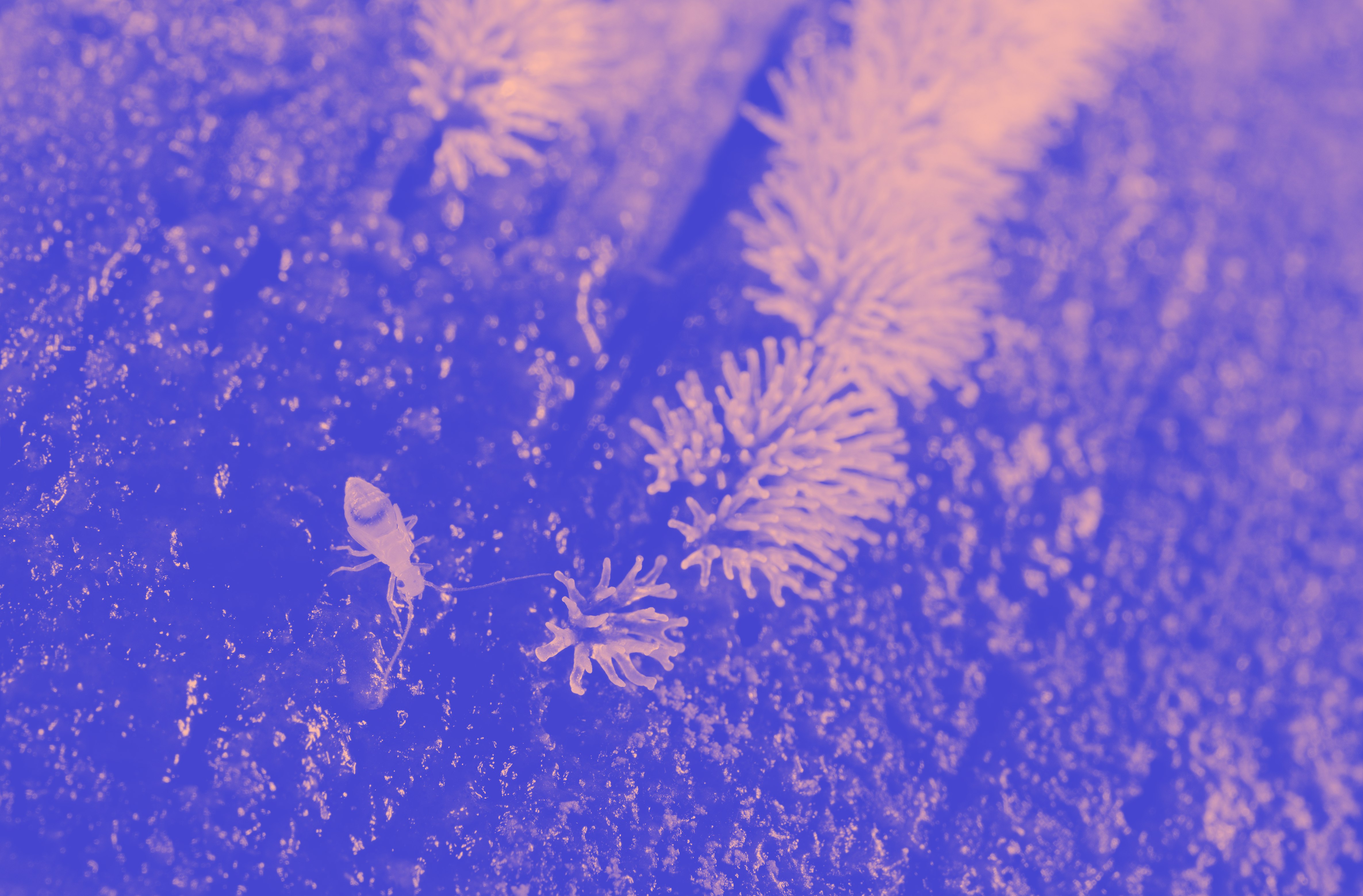but this place is just right.
Three years ago, I had one aquarium. By the end of 2016, thanks to the awful news bombarding my Twitter feed every day, I had nine: eight freshwater and one saltwater, ranging from 2.5 to 72 gallons. Watching the presidential debates filled me with such rage that I couldn’t sit still, so I would clean the largest tank as I listened. In order to avoid the news cycle, I plunged into aquarium-keeping; I bought my first coral the week after the election. As 2017 progressed, I escaped the outside world by watching my sea urchin crawl around or observing my clownfish snuggle into a coral.
Maintaining fish tanks, especially new saltwater tanks, isn’t easy. I desperately needed advice, and I found it in a saltwater tank forum. Replicating the ocean requires a lot of patience and research, which meant spending a lot of time researching online. How much water flow would my fish prefer? (At least 425 gallons per hour, judging from the wiggles and dances the clownfish would do in the powerhead’s current.) Which corals will kill each other with their sweeping tentacles that come out at night, and which will play nice? (The toadstool leather coral won’t sting its neighbors, but the aggressive bubble coral would need its space.) What hitchhikers came in on my live rocks? (Those are rocks that have been in the ocean and are shipped wet and thus come with all manner of critters living on and in them — which, on mine, included pretty feather duster worms, sponges, a mollusk, and three crabs that did not make themselves known until a year later.) Is that a good crab who will eat bubble algae, or a bad one who will eat the other inhabitants of the tank? (Spoiler: they’re all eventually bad crabs.) And if it is a bad one, how do I get it out? (Make your own crab trap from a glass and some meat!)
Maybe because they have more complex chemistry and biology to work with, the saltwater forumgoers seemed more forgiving than the freshwater folks of newbie mistakes, since those mistakes are way too easy to make. When I accidentally topped off my tank with saltwater instead of reverse-osmosis freshwater (resulting in too much salinity), or didn’t know how to interpret my calcium test kit results, I turned to them for advice and commiseration, and the worldwide fish forum community provided it at all hours of the day or night.
I started to spend my downtime scrolling through the forum, catching up on my virtual friends’ gorgeous fish photos of the day or finding encouragement when my tank found a new way to baffle me. The saltwater forum folks were laid back and welcoming; they called themselves reefers, because they keep reef tanks. As I learned the art and science of reef tanks, I became part of an online community that valued the helpfulness and empathy the world seemed to lack. And also, they were just nice, and maybe more importantly, the only people in my life who always wanted to see more photos of my fish tank.
Once, a forum friend requested photos of my tank. I wanted to post some, but I was embarrassed that my tank had a huge outbreak of green-hair algae, a soft, swaying type that grows long and fast and covers every surface in the tank. All new saltwater tanks go through the dreaded stage known as “the uglies,” as part of the natural maturation of the new little ecosystem. My tank, however, was in a permanent ugly state with this nuisance algae, and I didn’t know why: was the algae flourishing because I was feeding too much, resulting in too many nutrients in the water? Was it because the sunlight directly hit the tank, or that I had my tank lights on too long? Or maybe it was something leaching out of my sand? Whatever the cause, it had taken over. It was even growing on one of my snail’s shells. When I finally confessed that my tank was a mess, a member named Saltyfilmfolks (Jason, as I later learned) spent an entire weekend coaching me through an algae eradication process. I had to move the live rocks and creatures and set up emergency filters, and every 30 minutes I’d check back on the forum for my next steps. By Sunday evening, my tank was beautiful again and my creatures were happy, thanks to a total stranger.
It was incredible to me that people like Jason were so generous — why would someone spend so much time helping not just me, but tons of newbies every day? I asked him this question. He said he thought that the reef forum gets its benevolent spirit from the fact that maintaining saltwater tanks “builds character that most others in reefing almost automatically recognize in other reefers.” Reefers treasure their aquariums partly because they are challenging, and they respect those who are up for that same challenge. “We wouldn’t do it unless we loved it,” Jason said, “and I don’t think you could reef without that love.”
That love manifests in the things like the many gentle debates about whether to put sand on the bottoms of tanks or leave them bare. “So what do we see in the bottom of the ocean? Glass or sand?” one would say. Another member would defend “barebottoms” by pointing out that “what we want is abnormal” anyway — to create an artificial ocean with no algae.The discussion would inevitably end in agreement that each reefer must decide for themselves what they love. Many members, like one who goes by Humblefish (aka “Dr. Fish”), show their love of reefing and community by devoting their free moments to helping panicked aquarists save their sick creatures. Humble has racked up more than 27,000 “likes” since 2014, and I myself have given him a bunch because he has saved my fish several times, like when I didn’t properly quarantine new additions or I incorrectly dosed the medicine that was supposed to fix a sick fish. Humble and the other folks talked me through trying to save my fish; they shared in my joy when they regained their health, or consoled me when they didn’t.
Humblefish checks the forum in the morning and before he goes to bed, and told me he also turns to the forums because he “hate[s] reading/hearing about all the terrible things going on in the world today... Obviously, there are still (aquarium-related) problems being discussed, but many of those seem fixable to me.” On the forum, political discussions are not allowed. Hostile posts are reported to the moderators, who are vigilant in deleting them. Everyone is united in preserving our refuge.
Last month, however, I realized my aquariums became less of an escape and more of a chore; the tanks had finally become too demanding to care for. My favorite clownfish had mysteriously died (my forum friends and I never figured out why, but I suspect an electrical current) months before. I didn’t have the heart to replace them, but it was more work than fun cleaning and changing water on a tank without my favorite fish. Even my corals seemed sad. I gave away my remaining saltwater and freshwater creatures and shut down all but two freshwater tanks: the fancy goldfish and the betta. It’s almost a normal amount of fish to have. I am relieved to no longer spend hours changing water; I no longer worry about the crab eating corals or a getting a crack in the tank that would flood my house (although when that nearly happened, I received instant feedback and advice from the reefers even though it was 10:30 p.m.).
I miss the time spent observing the antics of my sea creatures, and the escape it offered. I miss my sweet pair of clownfish, my temperamental but tenacious corals, and even the jerk hitchhiker crab who did, eventually, eat them. I miss saying goodnight to the tank and then ending up watching it for 30 minutes before I remembered I was supposed to be going to bed. But I also miss the even greater amount of time I spent on the forum, learning about how to care for the animals, and learning about the other people who did it too.
Sometimes I still sign on to peek at my fish friends’ tank updates. (Salty got new lights, by the way, and he’s rigged them up with an impressive DIY setup; he runs them with a higher white-to-blue color ratio than many prefer, but that I love.) It’s nice to dip back in to see progress photos of how their fish are growing and corals are spreading. But I know I would get sucked back in if I maintained my same level of participation in the reef forum, so I only occasionally dip my toes in and sign out without comment.
I no longer need saltwater tank information and advice for any practical purpose, and I now realize I turned to the board not just for learning, but for a community. But I have trouble falling asleep again, knowing that the world’s crises cannot be solved as readily as problems that are confined to a fish tank —and knowing that in the outside world, we aren’t ever as united in facing those problems as we are in our good place on the internet, with other strangers who all just love fish.
